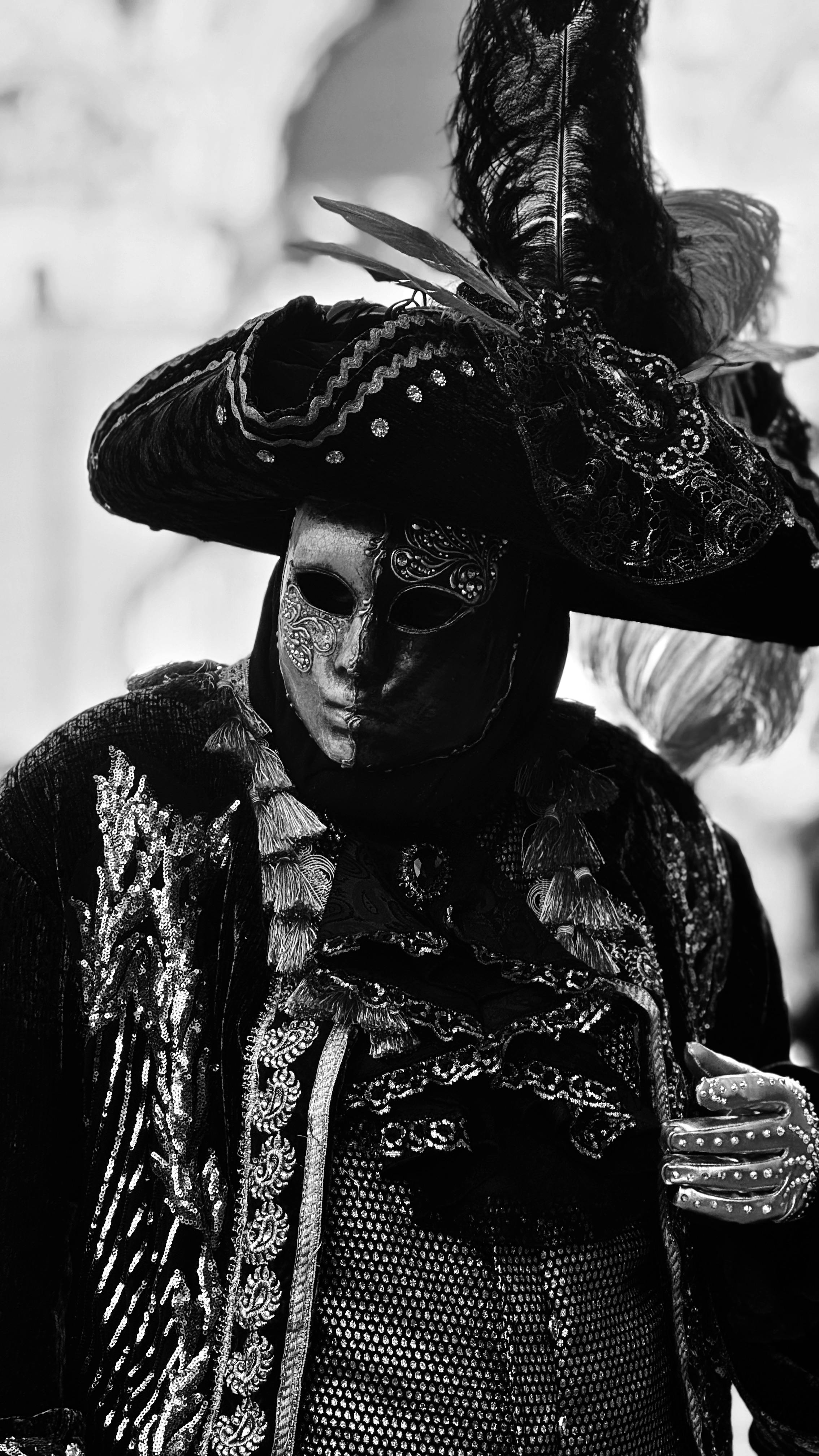
Apply Now


Comprehensive Guide to Understanding Frank the Rabbit in 2025
Frank the Rabbit is an iconic character who've intrigued audiences since his first appearance in the film "Donnie Darko." As we move into 2025, the exploration of his fascinating narratives, themes, and symbolism remains more relevant than ever. This guide will delve deep into Frank the Rabbit's various facets, from his psychological implications to his depiction in media, providing fans and newcomers alike a comprehensive understanding of his character. Exploration of Frank opens up conversations about existentialism, identity, and the relationship between reality and illusion. Frank stands not just as a character but as a cultural icon rife with multi-layered interpretations that resonate within contemporary discussions. Whether you are looking for in-depth analysis or merely curious about Frank's influence on popular culture, this guide will unravel the myriad interpretations and portrayals of Frank in various contexts. We'll examine Frank the Rabbit's origins, his role within the narrative of "Donnie Darko," the symbolism he represents, and how he has evolved within popular culture. Additionally, we will uncover his influence on filmmakers, identify his legacies in media, and discuss fan theories that have emerged since his inception. An overarching theme you will notice is the juxtaposition of Frank's surrealistic nature with the very real emotions he evokes. Through this exploration, you'll understand why Frank the Rabbit continues to captivate audiences, fostering both admiration and fear. You'll also find insights into how Frank’s character transcends the boundaries of traditional storytelling, becoming a medium for cultural critique and psychological exploration.The Origins and Evolution of Frank the Rabbit
The genesis of Frank the Rabbit is rooted in Richard Kelly's 2001 film "Donnie Darko," where he emerges as a pivotal character guiding the protagonist through a surreal journey filled with existential questions. Initially introduced as a menacing figure in a rabbit costume, Frank is more than just a harbinger of doom; he embodies the complexities of time travel and psychological entrapment. As we understand Frank's character, we see an evolution from being perceived as merely a sinister presence to a more multifaceted figure representing deeper themes of obsession, mental instability, and the quest for truth. This transition mirrors how he's perceived across different forms of media—novels, visual arts, and even discussions in online forums. In recent years, Frank has become a staple figure in pop culture, influencing everything from Halloween costumes to memes. His iconic appearance has spurred numerous adaptations and inspired discussions about his themes and psychological implications. With more contemporary works referencing his character, Frank's influence has transcended beyond the original film. Building on his origins, it’s vital to explore Frank's thematic significance and connect the dots between his character development and broader cultural narratives.Analyzing Frank's Symbolism
Frank the Rabbit symbolizes more than just a character within "Donnie Darko." He serves as a conduit for exploring significant philosophical ideas, including determinism and existential dread. His portrayal often resonates with themes surrounding the human condition, particularly in light of psychological trauma. Frank's imagery, often cloaked in shadows and chaos, acts as a canvas for viewers to project their fears and interpretations. It invites discussions on the nature of reality, time travel, and how these themes mirror societal concerns. The duality of Frank's character—the juxtaposition of a child's innocence lost against adult realities—is particularly poignant, allowing audiences to engage with the narrative on multiple levels. As we analyze Frank further, we must consider how his meaning morphs in various adaptations, including films, literature, and even merchandise, thereby solidifying his cultural significance. This exploration leads us seamlessly into understanding the manifestations of Frank in pop culture.
Frank the Rabbit in Pop Culture
The impact of Frank the Rabbit reverberates through numerous facets of pop culture, fostering a rich tapestry of references, merchandise, and adaptations. The character's striking visual design is frequently embraced by artists and filmmakers alike, who see in Frank an archetype through which to explore deeper narratives. From graphic novels and art installations to video games, Frank's influence has permeated various artistic platforms. He has become a symbol for discussions surrounding mental health, narrative complexity, and fears of the unknown. Each depiction serves to amplify his psychological depth, establishing him as a fixture in contemporary storytelling. Moreover, the rise of the internet has flourished a fan culture around Frank. Online communities share fan theories, artwork, and even create intricate narratives wherein Frank plays a central role. Such discussions often delve into Frank's character arc, psychological representation, and thematic implications within various stories, reinforcing his position as a versatile symbol. By examining these cultural references, we observe how Frank the Rabbit's legacy continues to unfold, fostering discussions that explore identity, madness, and the nuances of human experience. As the conversation around Frank evolves, it’s crucial to connect his narrative to broader societal themes.Frank's Legacy in Movie Analysis
Frank the Rabbit has sparked extensive analyses within the film community, serving as a perfect case study for narrative frameworks and character development. His presence in "Donnie Darko" is instrumental; it's not only pivotal for the film's plot but also in crafting an atmosphere of intrigue and psychological exploration. Critics often analyze Frank through the lenses of existentialism and psychology, noting how he embodies various character traits, such as manipulation and guidance on a quest for identity. His surrealistic role often blurs the lines between hero and antagonist, creating a complex portrayal that resonates deeply with viewers. Moreover, the analysis of film techniques associated with Frank—such as visual storytelling and soundscapes—underscores how these elements contribute to the emotional weight of his character. His eerie voice and haunting presence leave a vivid imprint, offering avenues for filmmakers to draw inspiration from his archetype in contemporary cinema. Through various scholarly discussions and critiques, the multifaceted interpretation of Frank continues to open doors for investigations into modern narratives, affirming his place as a central figure in cinematic discourse.